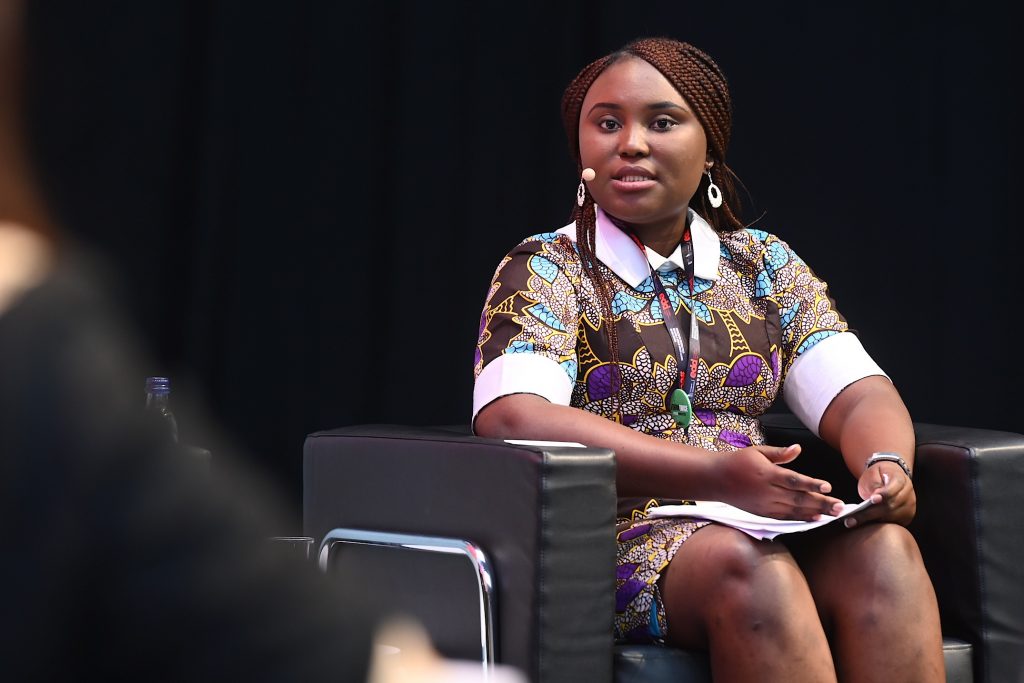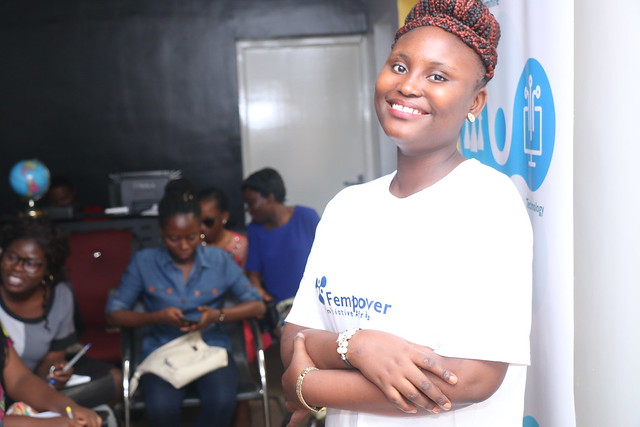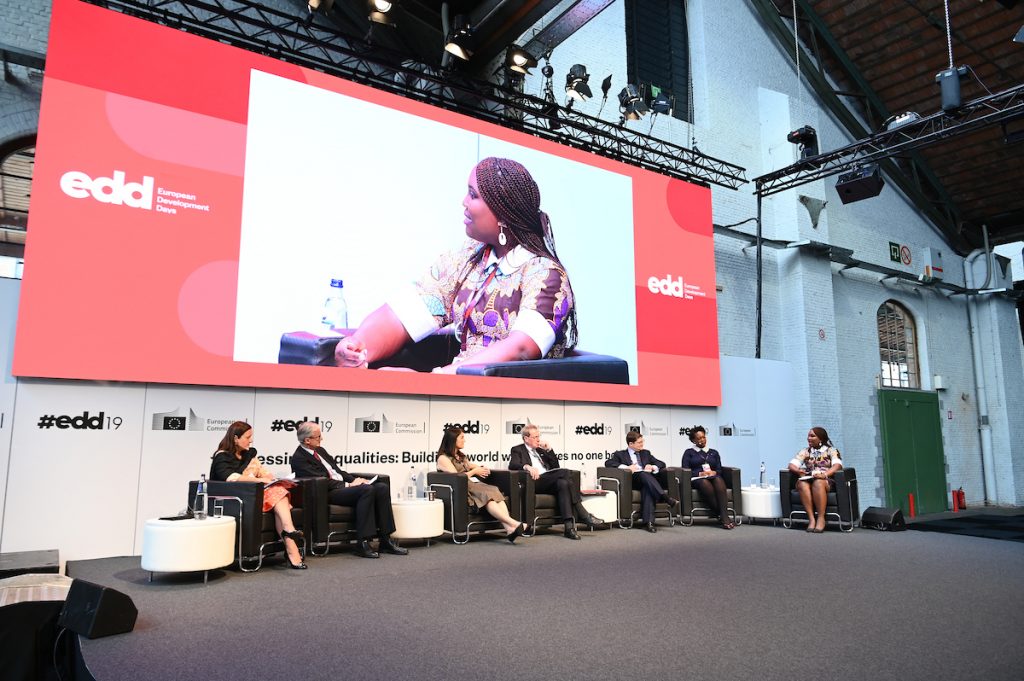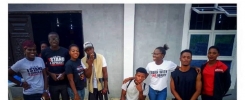I started my social enterprise, FemPower Initiative Africa, at age 21. I was a student of Electrical and Electronics Engineering, and was one of four females in a class of 100 males. I had just seen my semester result and I had a slight drop in grades from a first class to a 4.49/5.0. I had been struggling to keep up with a particular course because the library was far away from me and our lecturers were unkind and unapproachable.

The Department of Engineering did not see the need to provide a female hostel or living facility for women that were closer to the lecture venue. I had to walk a very long distance from my home to attend classes, use the library, labs and other essential learning facilities which my male coursemates had exclusive access to. The entire system did not favor me or other female learners. It made it extra difficult to learn or compete. I was already at a disadvantage. This cost me my dream of graduating magna cum laude. I graduated with a 4.27/5.0 CGPA instead. I decided to fight this gender inequality problem in Science, Technology and Engineering in Nigeria. If there were more women in STEM, maybe the school would have seen the need to provide more opportunities for us. Fempower Africa was born in that moment of anger, grieve, pain and frustration. The zeal to expose women to the knowledge of the opportunities that lie in technology consumed me. I have been fighting this gender inclusion battle for some years now.
As we grow, we are embracing more problems facing the female gender on the continent. After working for a year and a half at an Ecosystem Architectural and Venture capital firm investing in African Tech Startups and spending all my life in the largest black nation on the continent, I have seen first-hand that about half of the people of Sub-Saharan Africa live below the poverty line & 80% of them are women. Their access to justice is guaranteed by inconsequential laws that mean little or nothing without government support and adequate funding.
Source: REPORT from the Nordic Africa Institute
Female-run enterprises are the most prevalent all over Africa, even gaining grounds all over the world, contributing to household incomes and growth of national economies. However, women face time, human, physical, and social constraints that limit their ability to grow their businesses. While the number of women operating their own business is increasing globally, women continue to face huge obstacles that stunt the growth of their businesses, such as lack of capital, strict social constraints, and limited time and skill.
I believe that women learning technology and adding it to their operations will help them grow and lead high growth businesses. Technology is an enabler; it provides a level playing field for everyone. Technology would help women build global businesses.

ABOUT FEMPOWER
Fempower Initiative Africa is solving these problems by fostering women entrepreneurship, leadership and technology education in Africa. Women in Nigeria, Africa need to start learning how to add technology to their businesses and operations so they can begin to lead high growth companies and enterprises.
We provide internship opportunities for the women we train whilst providing female technical talents for Technology Startups rising out of the continent.
We help channel business knowledge and Capital (Grants, Venture Capital) to women-owned businesses while providing access to female technical talent to startups on the continent. We have helped 35 women with branding and provided websites at an affordable rate, so they can get their small business off the ground, through our program, “#10SMEs,” an initiative to spur female small business owners towards embracing technology.
Fempower Africa has a reach of over 20,000 women across Africa, facilitated 79 internship placements, accelerated 52 female-owned technology businesses, achieved funding for 10 through our accelerator programs and venture clinic sessions, trained 2000 women in Nigeria, Nairobi, and Zambia. These women receive continuous support in the Fempower Africa network, as they are connected to Investors, internships opportunities and learning
We have partnered and worked with top African tech companies, like Google Digital Skills for African, IBM Yusudi, Remita, Africa’s Talking, Ingressive Gitlab, Andela, GitHub, and Techstars–to name a few. Through strategic partnerships, we have achieved laudable fits.

The Place of Gender in the Future of Work.
Finally, I will end on this note, the world has changed as we know it and so has the future of work. More jobs are becoming remote especially the technology related ones. Women especially stay at home mothers and wives if equipped with the necessary skills is a potential and huge pool of technical talents waiting to be explored. They can take care of their homes and families and still have the means to make a sustainable income. This will reduce poverty amongst women considerably.
The fight for an equal world is not for a few. I urge us all to do more. None of us is free until all of us are free. When we empower women, communities prosper and countries thrive!


